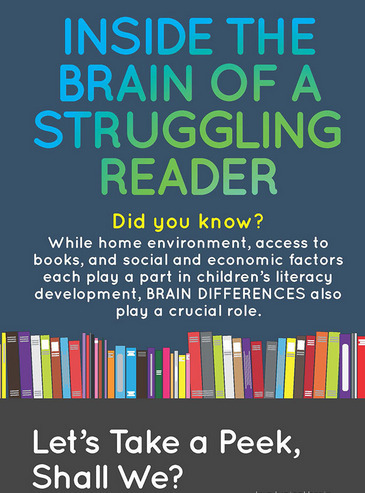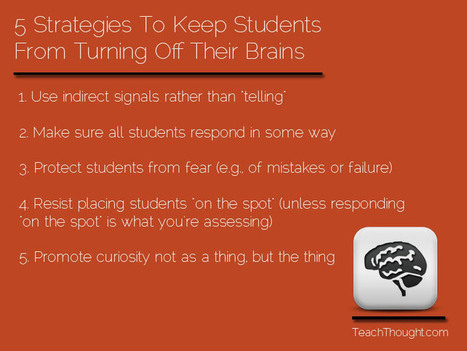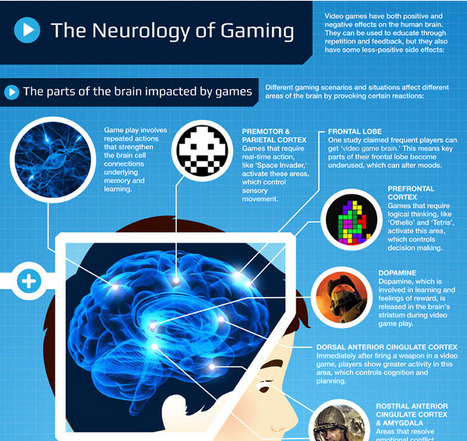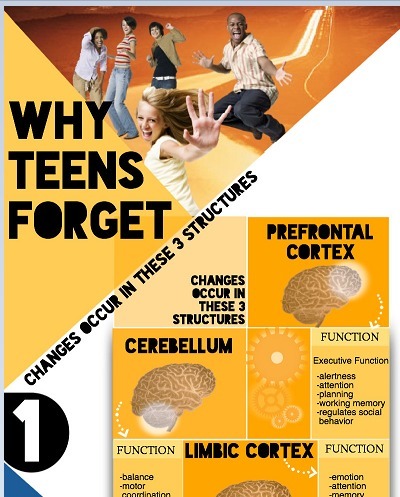When a student struggles to read, we look to factors such as socioeconomic status or access to books. But brain differences are also part of the equation and should not be overlooked.
Get Started for FREE
Sign up with Facebook Sign up with X
I don't have a Facebook or a X account
 Your new post is loading... Your new post is loading...
 Your new post is loading... Your new post is loading...

Ra's curator insight,
October 20, 2013 4:33 PM
Familiar ground but good to revisit with student teachers. Link to formative assement for clarity of purpose in planning. 
Mary Cunningham's curator insight,
October 20, 2013 10:27 PM
This would be great to use in conjunction with the video from HOW YOUTH LEARN 
Fran Bozarth's curator insight,
October 27, 2014 7:29 PM
The article goes on to elaborate a bit on each of these. Good basics. |

Audrey's curator insight,
December 5, 2013 3:24 PM
Thanks for this Beth. I will add this to my tutorials for students. It is very helpful, Audrey. Also have a look at www.hotmoodle.com. 
David Baker's curator insight,
December 8, 2013 1:01 AM
I plan to share this at the School Accountability meeting I am chairing next week. We have a standing agenda item - the middle school student. This is a great resource and in a great format to start conversations at school and home. |

















Thx Beth Dichter